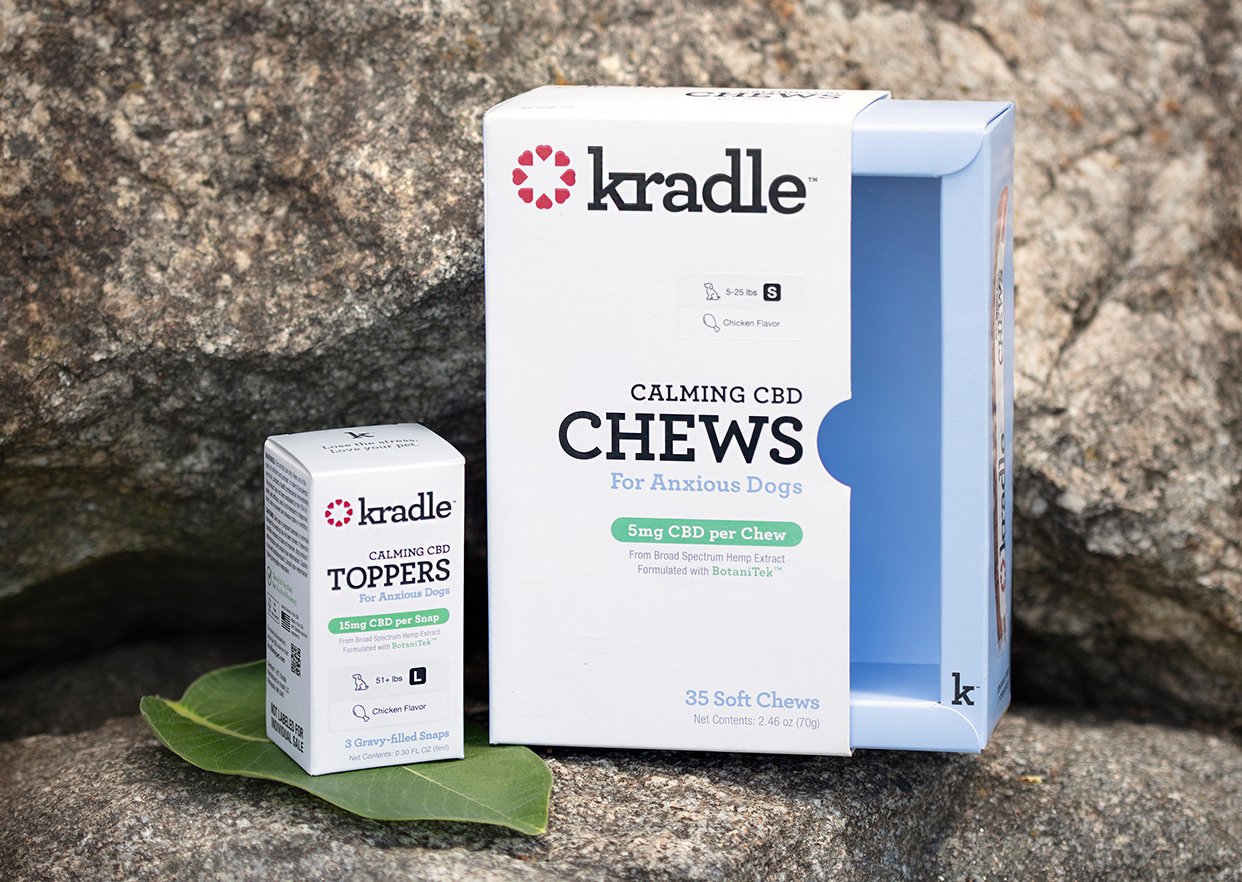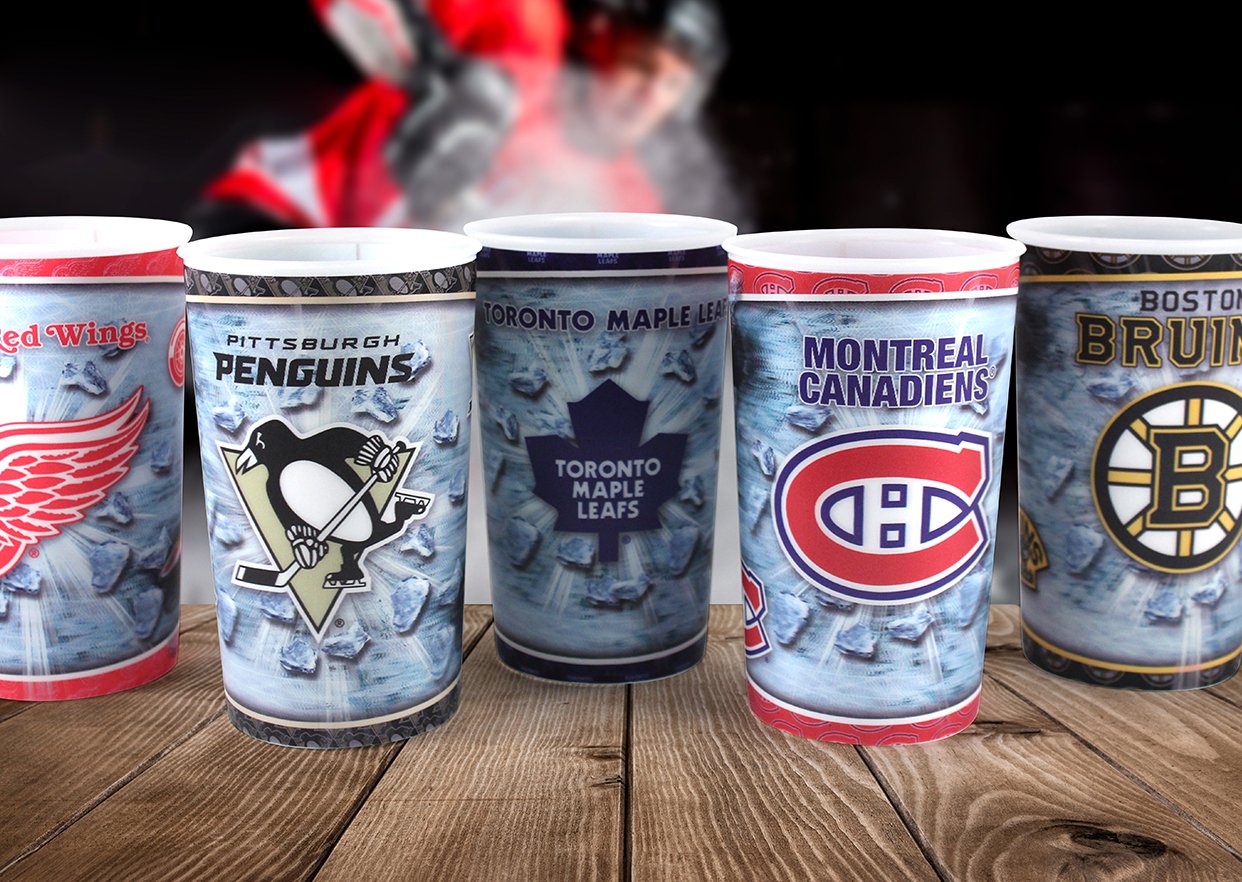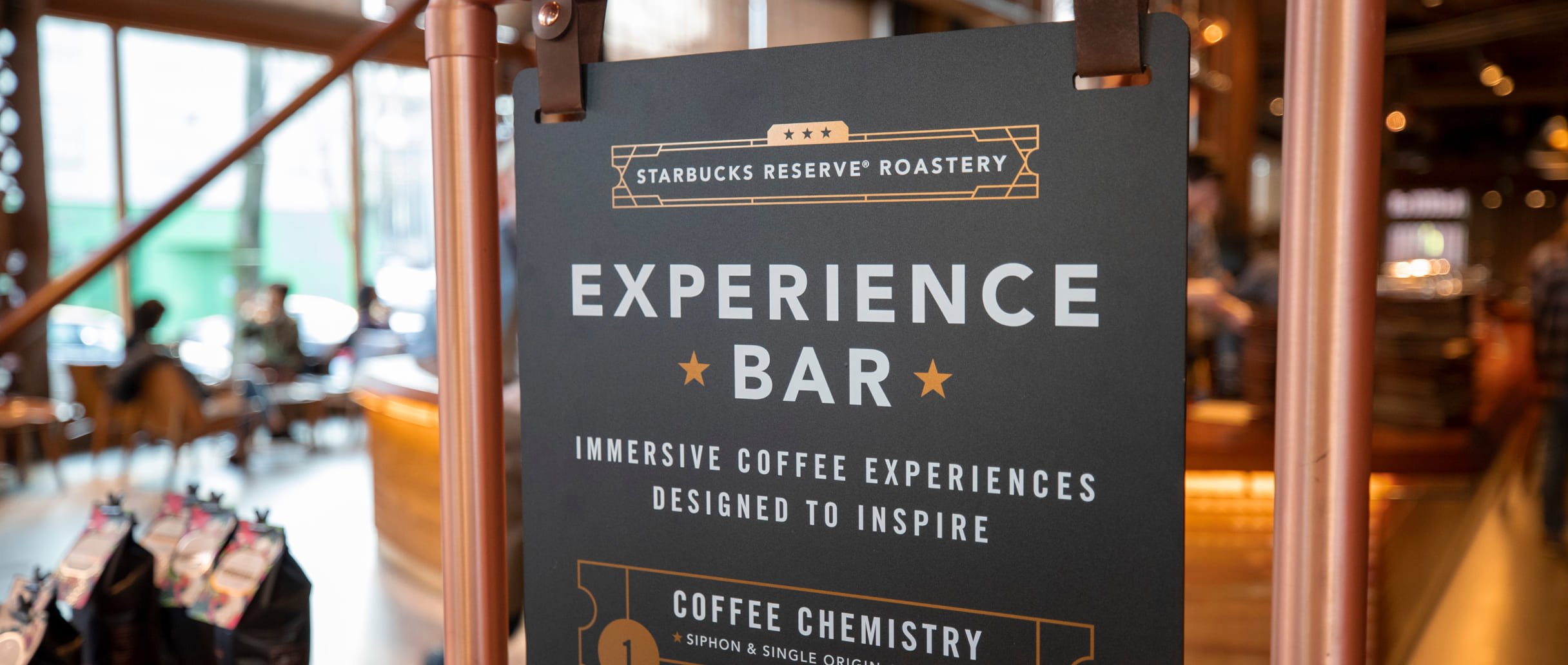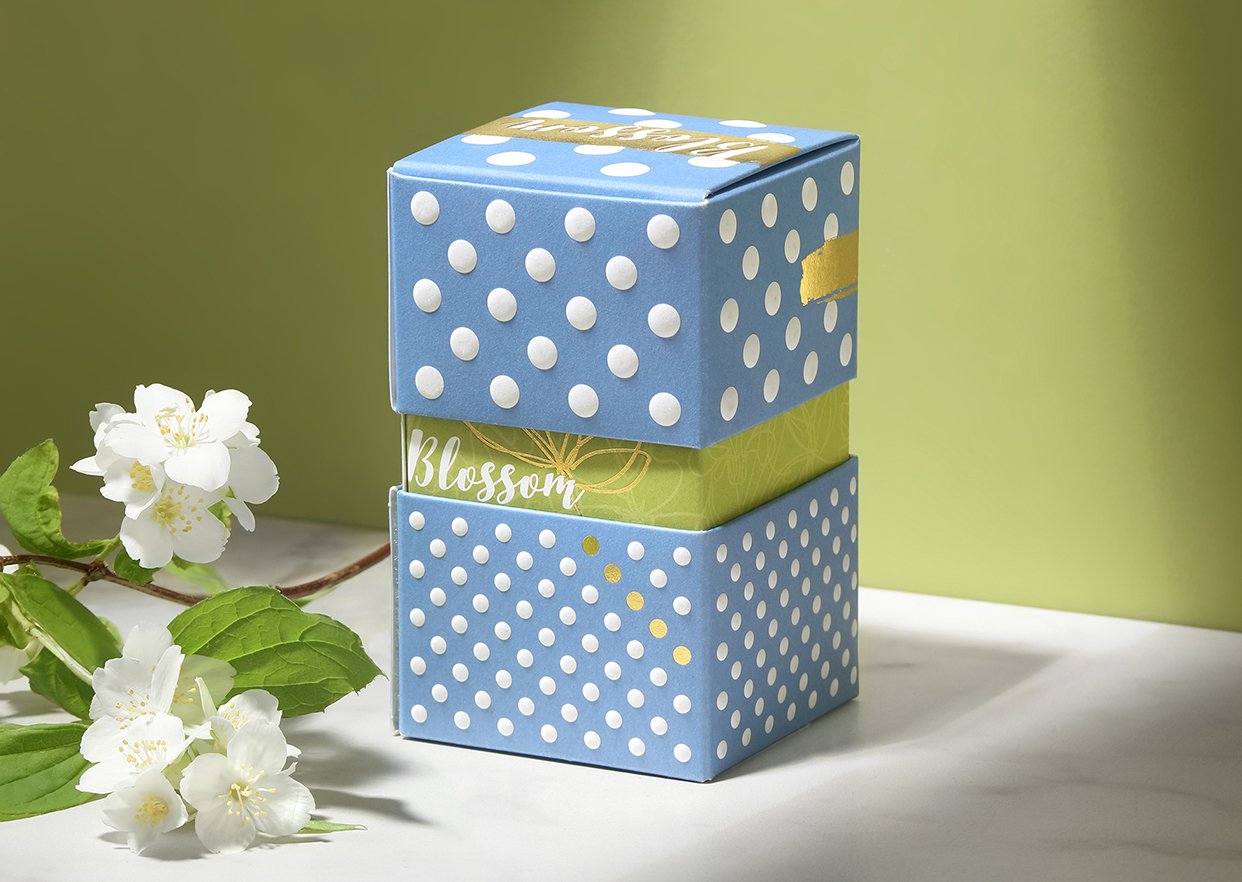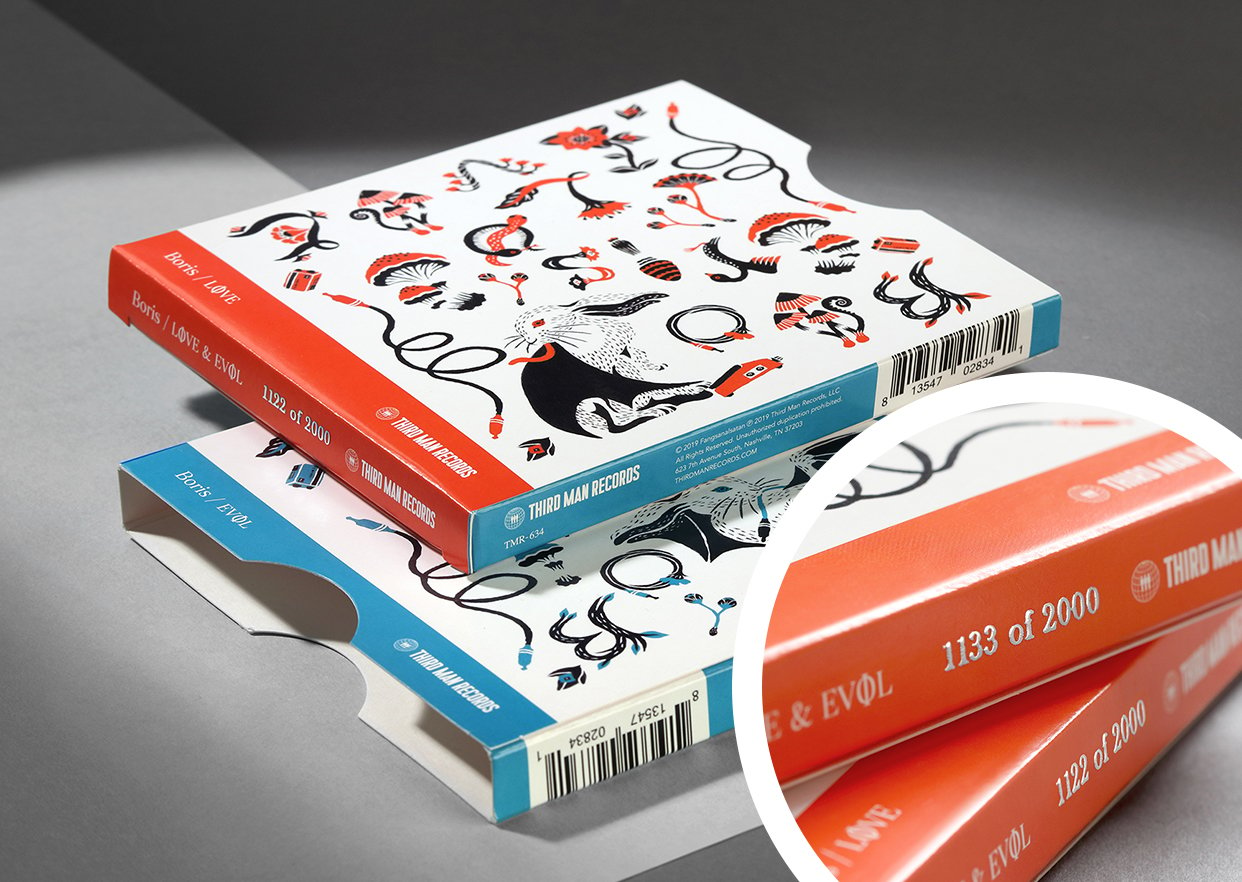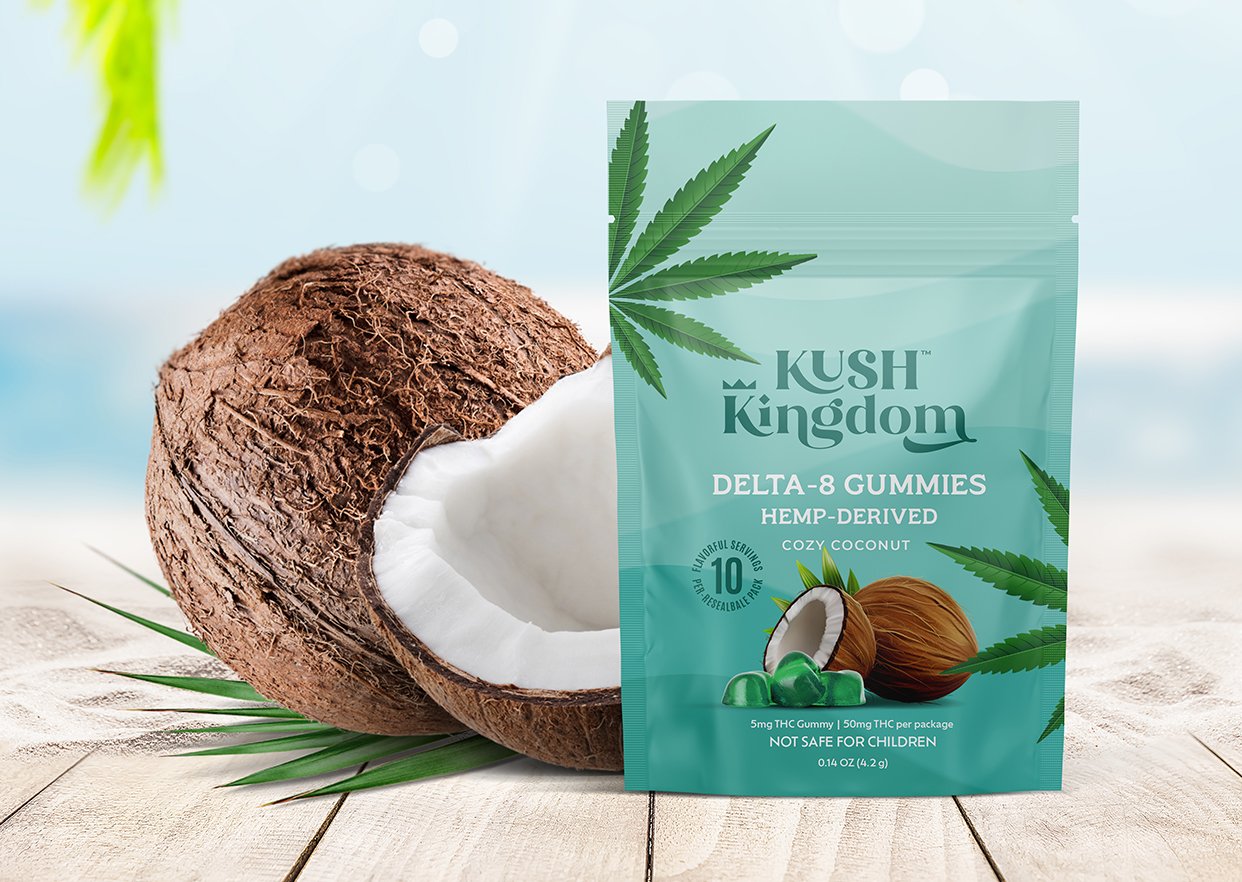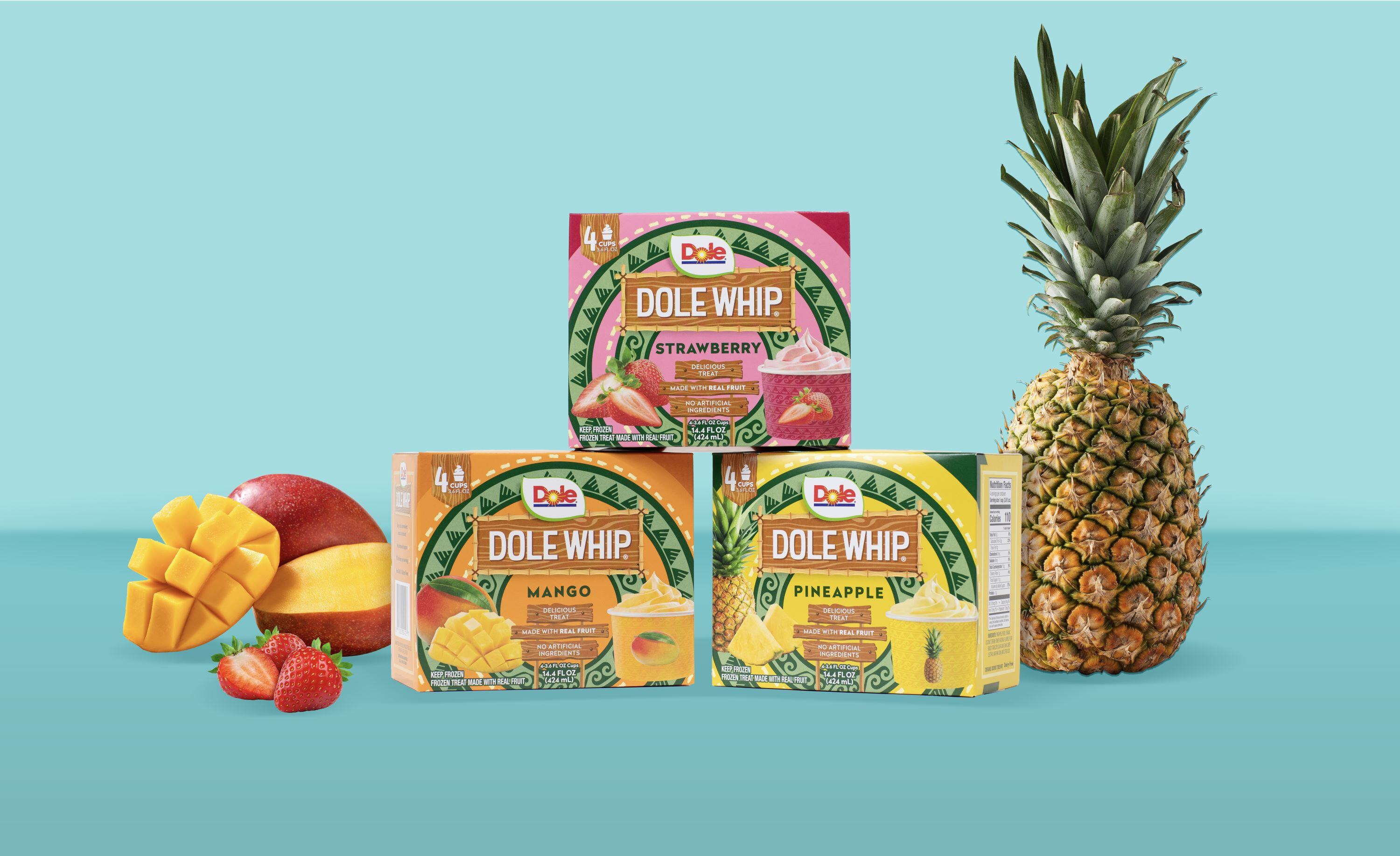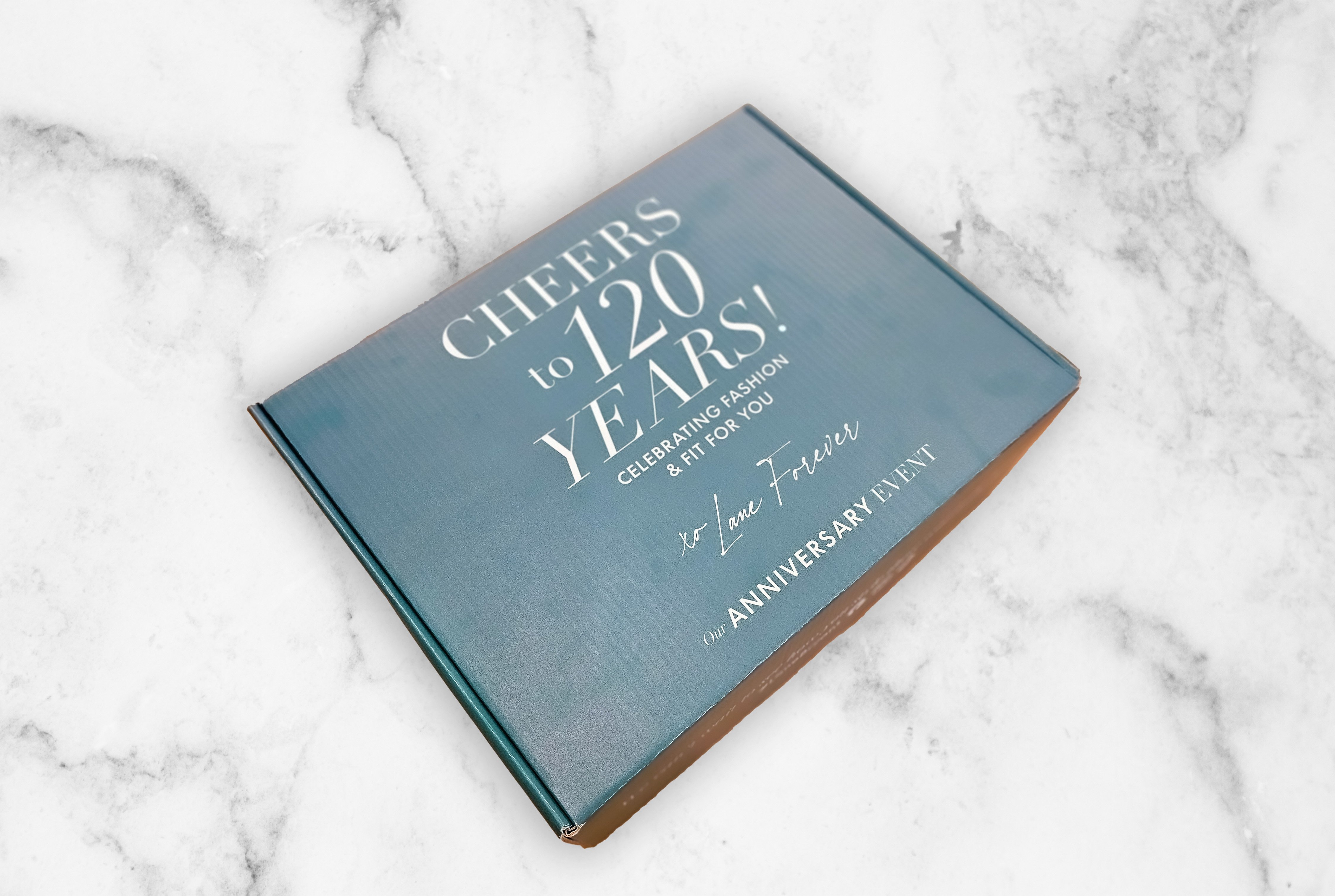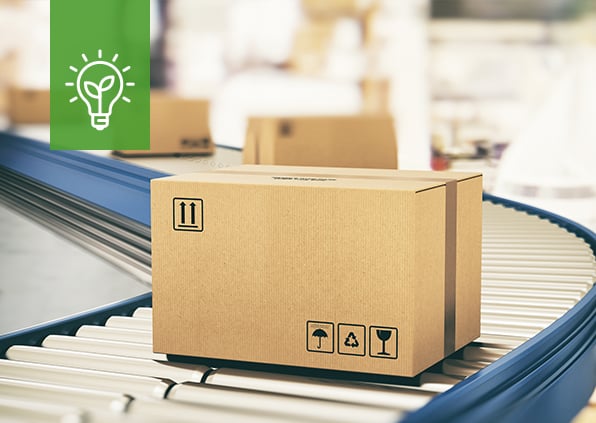Single-use plastic is in the news on a regular basis, and rightfully so. Plastic pollution is a growing problem worldwide and single-use plastics – including those used for product packaging – are at the center of the issue.
As the packaging industry and manufacturers of consumer packaged goods seek more sustainable alternatives, one tried-and-true material is receiving increased attention: folding paperboard cartons. This blog will describe the many drawbacks of single-use plastic for packaging and explore how folding cartons can be part of the solution.
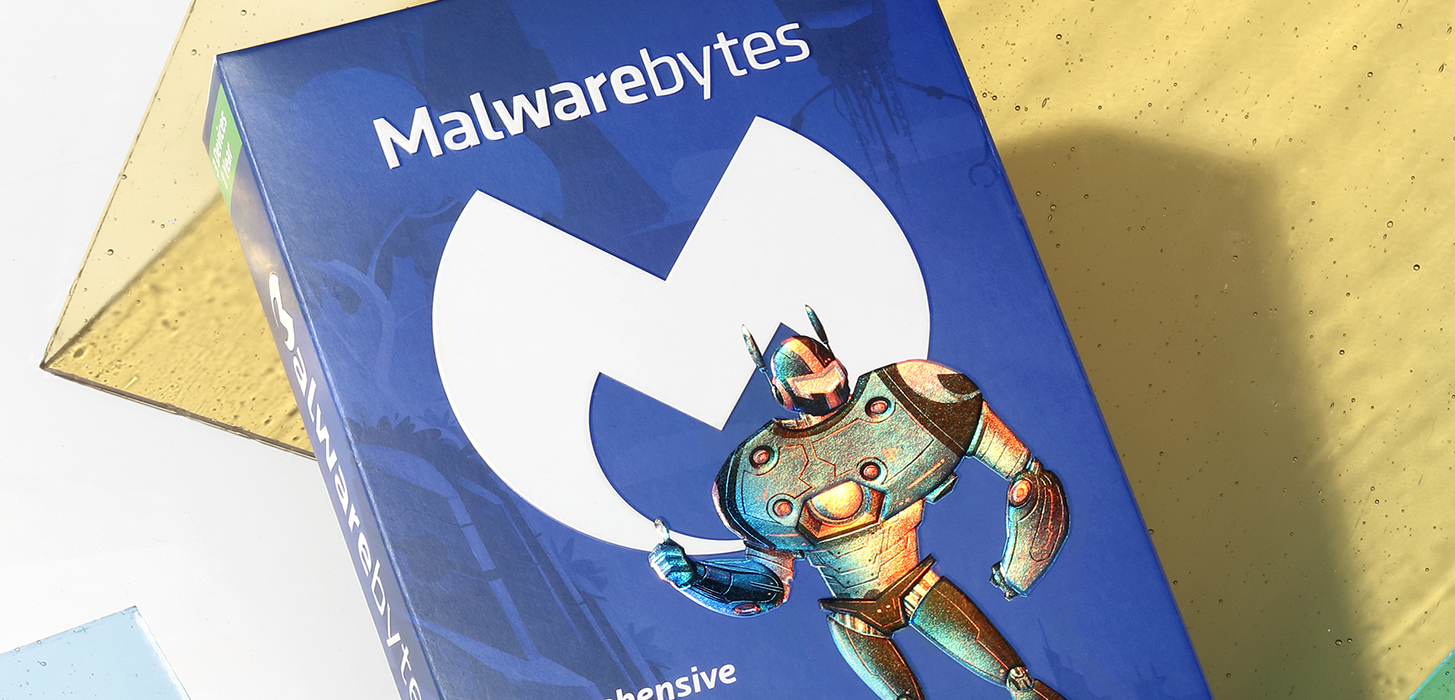
Single-Use Plastic Packaging by the Numbers
An organization comprising more than three million members and 700 scientists, the Natural Resources Defense Council (NRDC) is on a mission to “safeguard the Earth” and all of the people, plants and animals it supports. Along with clean water, climate change, wildlife preservation and other issues, the NRDC is a leading voice in the debate related to plastic pollution.
As reported by the NRDC, the issue can be summed up in four simple statistics:
1. Billions of tons of plastic created
Since the 1950s, more than 8 billion metric tons of plastic have been produced worldwide – half of it in the last 15 years alone.
2. Half of it is for plastic packaging
More than 50% of non-fiber plastic (i.e., excluding polyester and nylon) is created for plastic packaging.
3. Very little plastic is recycled
Given the varying grades of plastic and complexities involved in recycling it, only 9% of all the plastic ever created has been recycled. The vast majority has ended up in landfills and oceans where may take up to 500 years to decompose.
4. Plastic creates greenhouse gases
Nearly 4% of total global greenhouse gas emissions are related to the creation of plastic from fossil fuels, a non-renewable resource.
The next time you purchase a consumer product, notice how much of the packaging by volume and weight is made from disposable, difficult-to-recycle, single-use plastic. Then, consider how an alternative packaging material could make a difference.
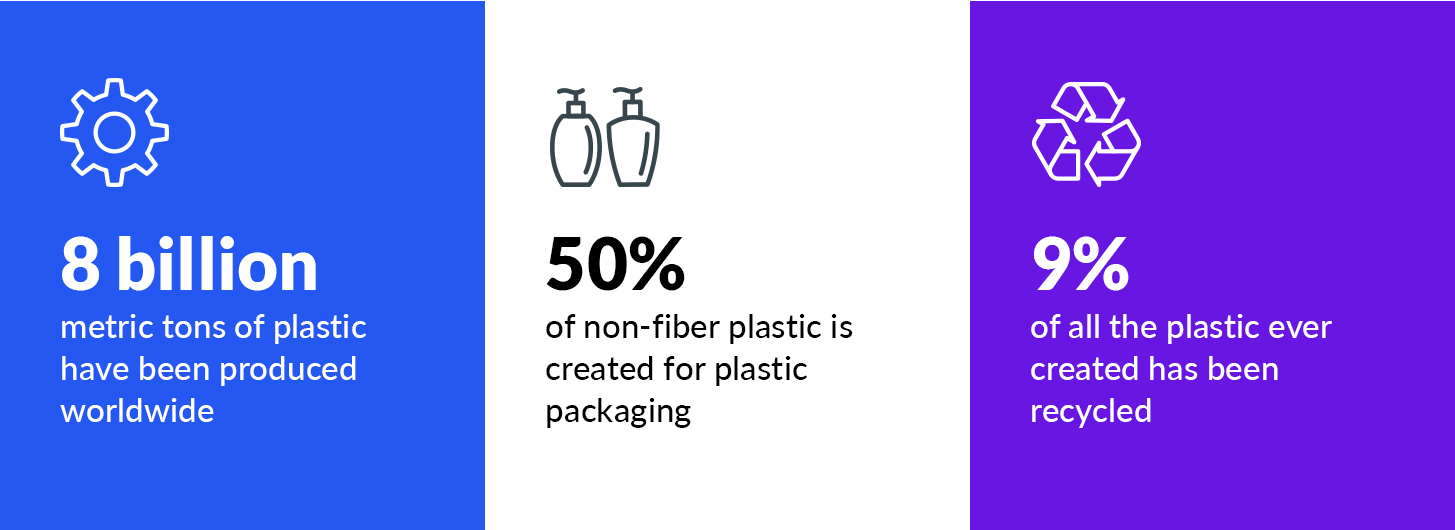
The Top 4 Advantages of Folding Cartons
The folding carton packaging market is on a roll with 2023 sales projected to top $148 billion worldwide. Also known as paperboard cartons and cardboard packaging, it is a fiber-based material comprised largely of recycled wood pulp.

When compared to the non-renewable, non-biodegradable and seldom-recycled reality of plastic packaging, folding carton packaging offers a long list of advantages. Here are the top four:
1. Paperboard is infinitely renewable
The paperboard substrate used to create folding cartons is derived from trees, many of them fast-growing species specifically chosen for sustainable pulp production.
2. Folding cartons are easily recycled
According to the Environmental Protection Agency, 68% of all paper and paperboard is recycled in the U.S. each year and paper-based packaging accounts for 71% of the packaging materials recovered for recycling. As a result, the same wood fibers may be used up to 10 times in various forms over their useful life.
3. Folding cartons offer a blank canvas for branding
Folding cartons are a form of paper, opening the door to countless print finishing techniques and embellishments. A simple carton can become a powerful branding tool when these techniques are incorporated into the package design:
· Embossing and debossing
· Foil stamping
· Soft-touch, matte and gloss aqueous coatings
· Spot, raised and flood UV coatings
4. Folding carton packaging is incredibly versatile
From cosmetics to coffee K-cups. Frozen foods to pharmaceuticals. Toys to toothpaste. Folding paperboard carton packaging is used to bring a dizzying array of products to market each day. Paperboard can be printed, scored, folded and glued to create cartons of nearly any size, shape or style.
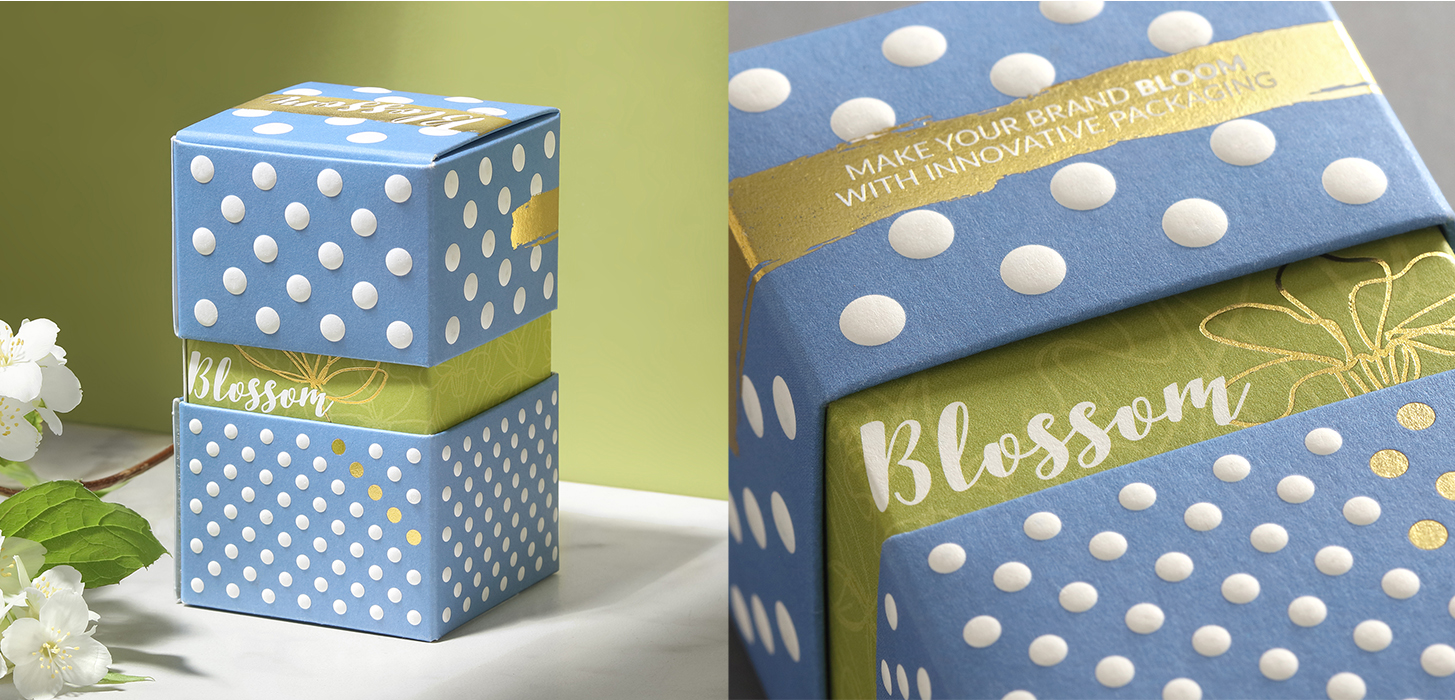
Taylor: Your Partner in Sustainable Packaging Alternatives
Taylor creates sustainable packaging and labeling solutions for a wide variety of consumer and industrial categories. We manufacture custom folding carton packaging for many of the brands you depend on each day.
Boxes, sleeves and rollover trays are our specialty – all produced to Taylor’s exacting standards using non-toxic, environmentally friendly soy-based ink.
See all ways you can shrink your environmental footprint by switching from single-use plastic packaging to folding cartons. Contact a Taylor representative to learn more.
